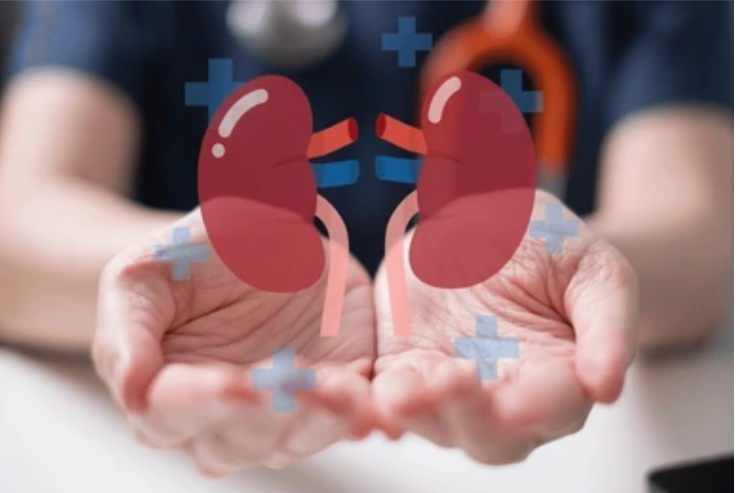
Ongoing Graft Monitoring
Post-transplant care is a critical phase in a kidney recipient’s journey. After a successful renal transplant, continuous monitoring of the new kidney (graft) is essential to ensure its optimal function and longevity. Dr. Tanurekha Hazarika provides comprehensive post-transplant follow-up that includes routine blood tests to check creatinine levels, glomerular filtration rate (GFR), and urine output, along with blood pressure and electrolyte balance monitoring. Early detection of any signs of rejection, infection, or graft dysfunction allows for timely medical intervention and prevents long-term complications. Frequent assessments during the initial months gradually shift to periodic evaluations as stability is achieved.
Immunosuppressive Therapy Management
To prevent the body’s immune system from attacking the transplanted kidney, patients require lifelong immunosuppressive medications. These drugs reduce immune response but come with risks such as infections, high blood sugar, hypertension, or bone weakness. Dr. Hazarika carefully adjusts the doses of these medications—typically including tacrolimus, mycophenolate, and steroids—based on blood levels, side effects, and patient-specific factors. She emphasizes the importance of strict adherence to the medication schedule to avoid rejection episodes and ensures patients are educated about safe practices to prevent infections and complications.
Holistic Support and Lifestyle Guidance
Post-transplant success relies not only on medications but also on lifestyle management and long-term support. Dr. Hazarika counsels patients on maintaining a kidney-friendly diet, engaging in moderate physical activity, avoiding nephrotoxic drugs, and staying vigilant for symptoms of infection or rejection. She also provides psychological support, recognizing the emotional adjustments that come with transplant recovery. With a structured follow-up plan, patient education, and multidisciplinary coordination, Dr. Hazarika ensures that transplant recipients lead healthy, independent lives while preserving the function of their new kidney for as long as possible.
Services
Have questions about your kidney health?
Get expert answers and personalized guidance from a trusted nephrologist. Your kidneys matter most.